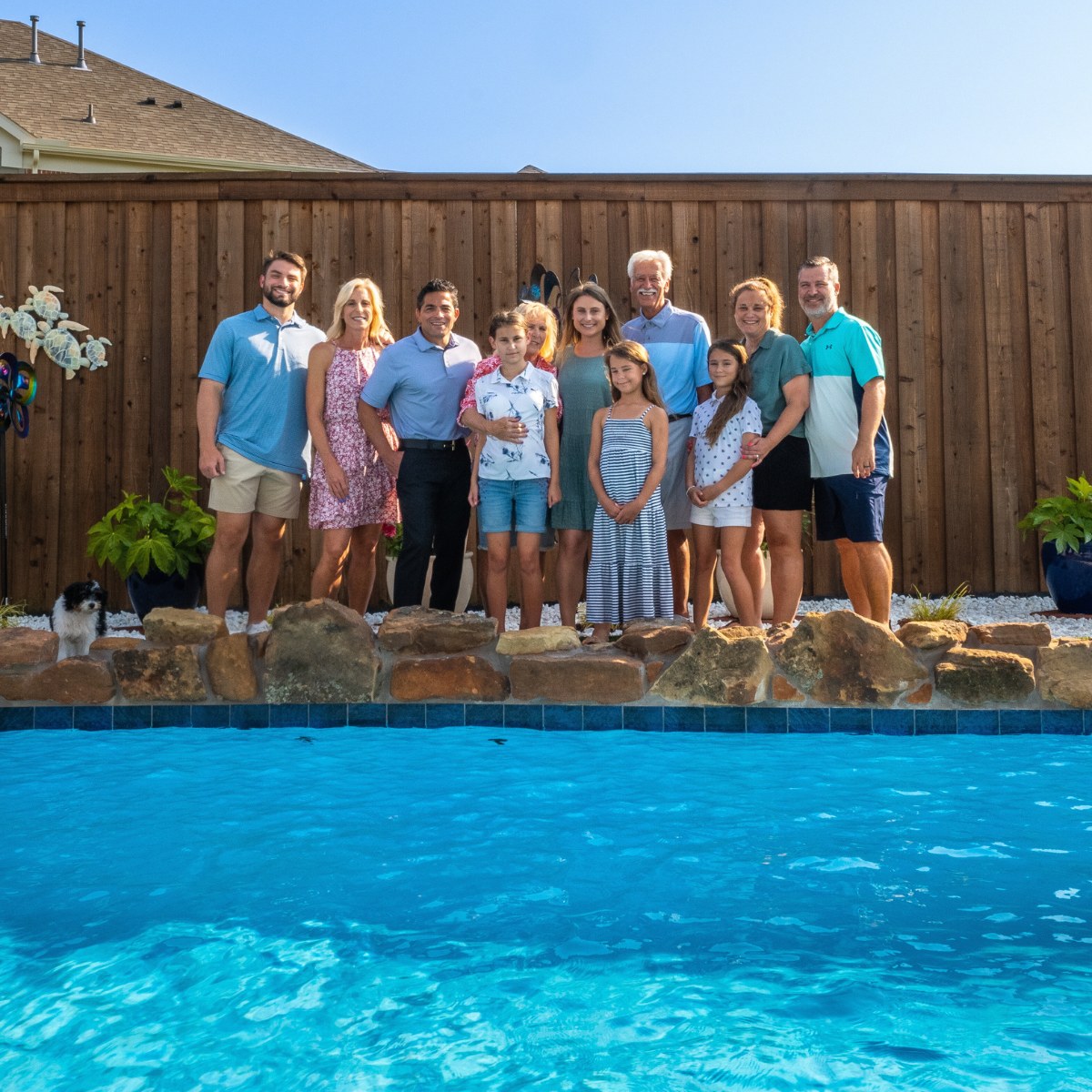A professional team with a trusted reputation
We offer more than just exceptional pool cleaning—our certified technicians are trained to handle even the most complex repairs, upgrades, and renovations with skill and precision.

We offer more than just exceptional pool cleaning—our certified technicians are trained to handle even the most complex repairs, upgrades, and renovations with skill and precision.

Consistent chemical balancing, skimmer and pump basket cleaning—plus up to 5 free salt bags a year for salt systems.
Includes brushing, vacuuming, skimming, equipment checks, and peace of mind while you enjoy your pool.
Certified technicians ready to service pumps, filters, salt systems, and automation. Fast, professional, and thorough.
Have a question? Need service? Want to stop googling pool chemistry? We’ve got you.